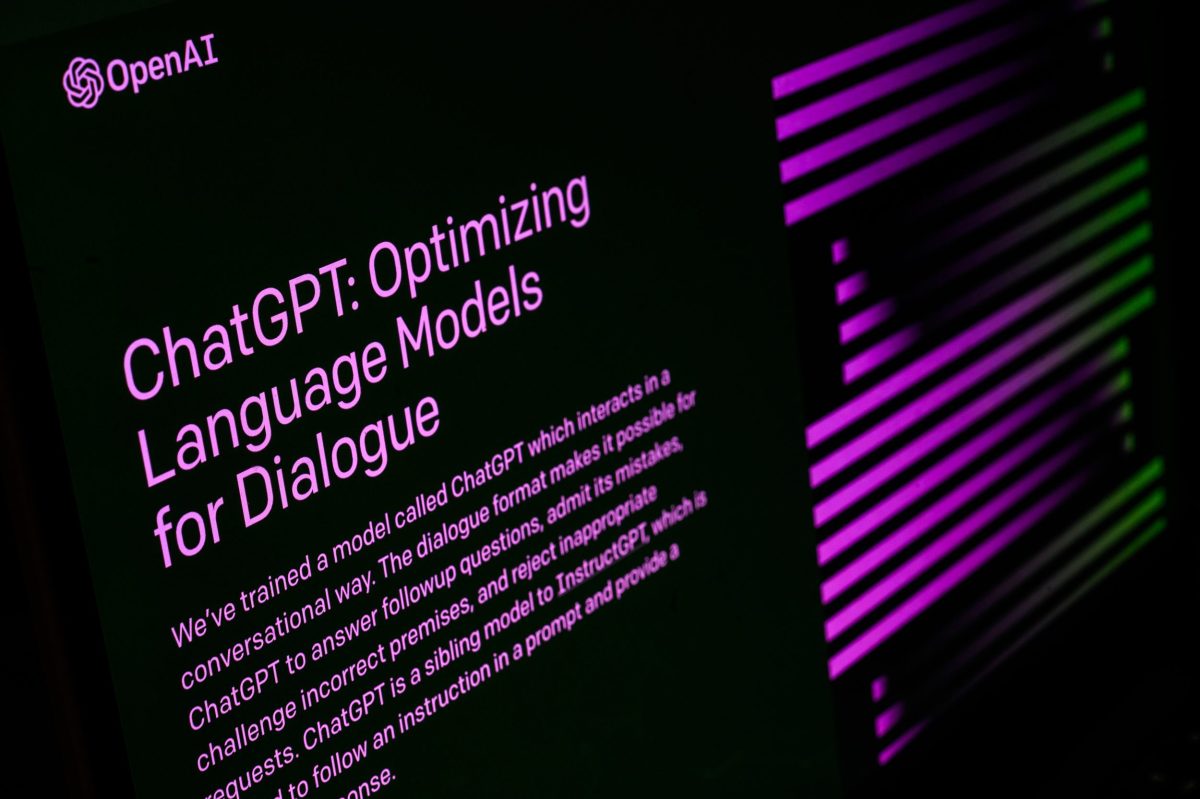OpenAI's New Policy: Storing Every ChatGPT Conversation
OpenAI must now retain all ChatGPT interactions, including deleted messages. Discover how this new policy impacts user privacy and broader legal implications.

What is OpenAI's New Policy?
Overview of the Updated Policy
OpenAI's new policy mandates the retention of all ChatGPT conversations. This includes text-based interactions between users and the chatbot. The company has stated that the primary goal of this update is to enhance model training and improve the quality of its AI services by analyzing stored conversations.
Why OpenAI Implemented This Change
The rationale provided by OpenAI aligns with the company's need for continuous improvement in language understanding and generation capabilities. By retaining conversation data, OpenAI can identify trends, refine responses, and enhance its models' contextual accuracy. However, this decision has not come without its share of controversy, especially surrounding data privacy and user trust.
What Types of Data Are Now Stored?
Specifics of the Stored Data
Under this policy, OpenAI retains the full text of ChatGPT conversations, even if users choose to delete them from their visible interface. Additionally, metadata such as timestamps and usage patterns are stored to help OpenAI analyze user interactions comprehensively.
Impact on Metadata and Deleted Messages
Even messages users attempt to delete are not completely removed from OpenAI's servers under this policy, raising questions about the permanence of user data. Metadata—such as the time, length, and frequency of conversations—is also retained, potentially painting detailed profiles of users' behavior.
Implications of Storing ChatGPT User Data
Privacy Concerns for ChatGPT Users
One of the most pressing issues with OpenAI's policy is the potential compromise of user data. For individuals, this could lead to unauthorized leaks or misuse of sensitive conversations. Metadata retention increases exposure by creating a trail of user behavior.
This raises critical questions about security vulnerabilities—what happens if OpenAI faces a data breach? With retained chats and metadata, attackers could gain access to personal or proprietary information. For a deep dive, you can explore our article on ChatGPT Privilege Debate & Court Orders.
Legal and Ethical Considerations
Global data retention laws, such as GDPR in Europe and the CCPA in California, stress the importance of user consent and the right to delete personal information. OpenAI's policy might be at odds with such regulations, especially if users are not given full control over their data.
Ethically, retaining data without the possibility of permanent deletion raises concerns about transparency and informed consent, challenging OpenAI's commitment to user trust.
How This Will Affect Corporate and Individual Users
For businesses using ChatGPT in sensitive workflows, such as drafting contracts or discussing proprietary data, this policy represents a potential security risk. Similarly, individual users must now reconsider what information they share with ChatGPT. Loss of user trust could shift momentum towards competitors offering better privacy guarantees.
OpenAI's Position and Transparency
Rationale Behind the Data Retention Policy
OpenAI argues that retaining user data is crucial for improving its models. The company emphasizes that these practices enable advancements like cost-saving breakthroughs in model training, which make services more accessible. Read more about this in our piece on Cost-Saving Model Training Breakthroughs.
OpenAI's Safeguards for Stored Data
OpenAI claims to implement robust security mechanisms, including encryption, access control systems, and storage protections. However, the lack of user-facing transparency on how these measures operate in practice has sparked skepticism.
What Users Can Do
Navigating the Policy Responsibly
To protect your personal information while using ChatGPT:
- Avoid sharing sensitive details, such as financial data or private credentials.
- Use the service only for tasks that do not involve privileged information.
- Regularly review OpenAI's policy updates for changes in data practices.
Alternatives to OpenAI's ChatGPT
For users prioritizing privacy over performance, there are viable alternatives to OpenAI's offerings. Privacy-focused chatbots, such as Anthropic's Claude or newer AI tools like Google Gemini, may suit concerned users. Google Gemini, in particular, claims performance advantages over ChatGPT—learn more in Google's Gemini 2.5 Pro Coding Performance.
Broader Impacts of Data Retention in AI
The Future of User Privacy in AI Tools
OpenAI's decision may establish a precedent for how conversational AI platforms handle user data. If successful, competing platforms may follow suit, pushing user privacy lower on the list of priorities.
Balancing Innovation and User Rights
The ongoing debate between innovation and ethical practices remains unresolved. While retaining data accelerates model improvement, the potential to misuse private information looms large. For more on tensions between innovation and privacy, check out our article Scalable Inference Revolution.
Conclusion
OpenAI's new ChatGPT conversation policy represents a decisive moment for AI user experience. While enabling advancements in AI performance, it has generated valid privacy concerns. Users must evaluate their interactions with ChatGPT and weigh the trade-offs of using such tools against their implications. For AI developers, balancing innovation with privacy will remain a defining challenge as the technology evolves.